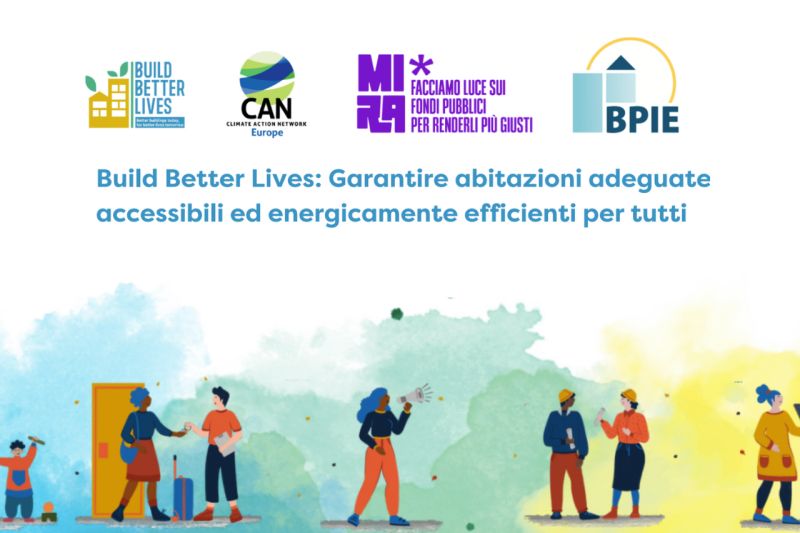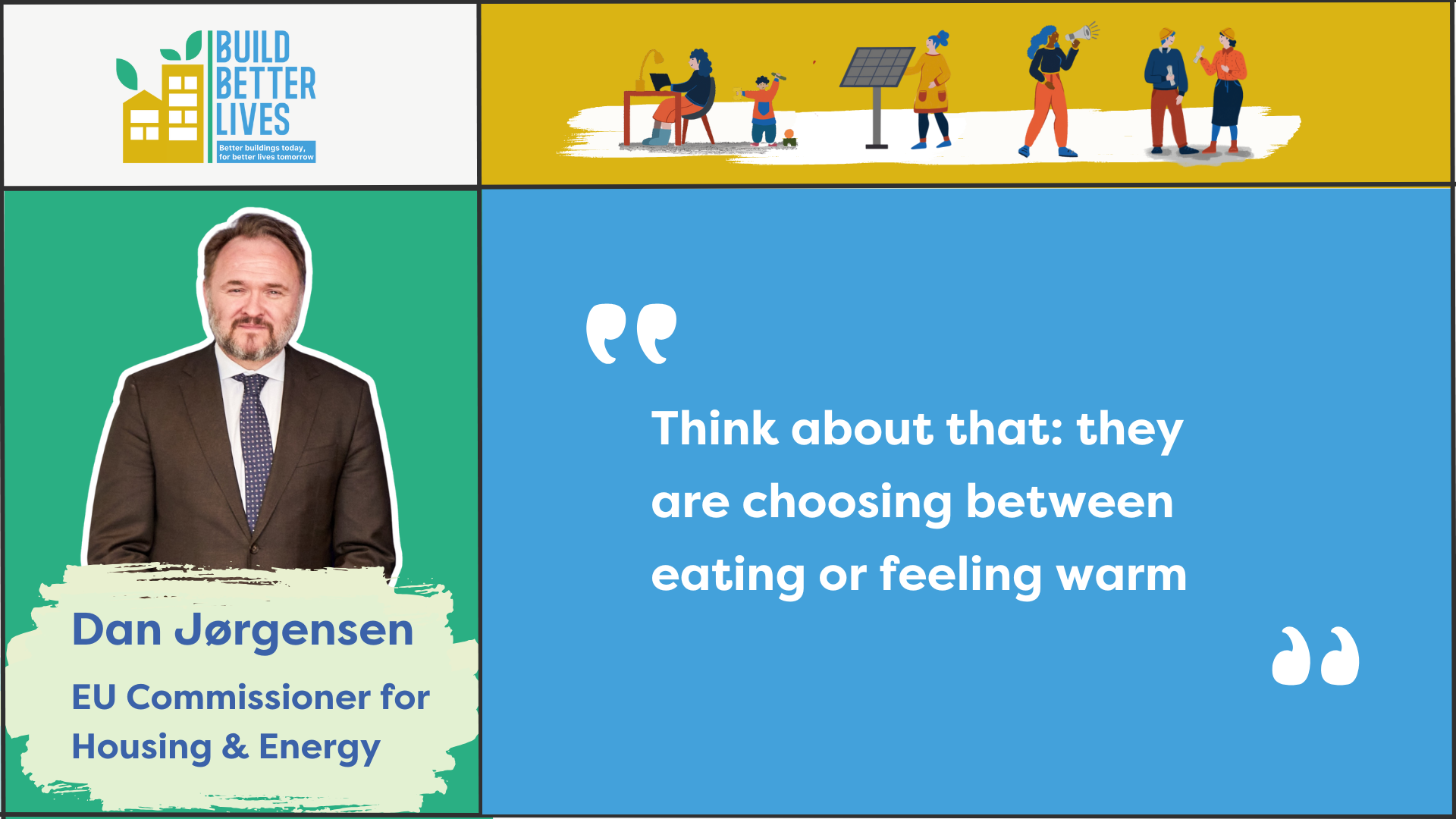
As with many other European countries, Belgium is in the midst of a housing crisis. Housing in Belgium has become low in supply, more unaffordable, and is mostly energy inefficient. In response to this, the Climate Coalition (Klimaatcoalitie), a Belgian NGO that unites more than 90 civil society organisations, has established a Housing-Energy Pact.
This Pact makes up a remarkable alliance of environmental and social organisations that advocate for more homes to be renovated across Belgium in a socially just manner. The Pact has set 41 key measures, that are divided into pillars, with the overarching goal of enabling the residential sector to achieve carbon neutrality by 2050 while giving everyone access to decent, affordable housing. Moreover, the Pact insists that the renovation wave should not impact people’s access to housing but rather improve their well- being.
A core belief within the Pact is the urgent need to phase out fossil fuels and replace them with sustainable, renewable heating technologies. This exit from fossil fuels must begin immediately and by 2040 at the latest, homes should no longer be heated by oil, gas and coal.
Below is a summary of what the pillars of the pact are and what they stand for:
- A collective neighbourhood approach and appropriate support
A collective neighbourhood renovation approach can speed up the pace and reduce costs and should therefore be developed as quickly as possible. On the other hand, current support programmes for renovating and changing heating systems have difficulty reaching disadvantaged households. Specific programmes for these households therefore need to be created. - Standards in line with the Pact
We need to introduce renovation obligations as quickly as possible and ban the use of fossil fuels for heating by 2040. We also need to rethink the way we live: less floor space per person on average, but more for those who live in too-small homes. New, virtuous forms of housing must be encouraged by abolishing the status of cohabitant in social security. Redensification of the built environment is also essential, avoiding the construction of new buildings wherever possible. - Access to housing and regulation of the rental market
There is a cruel lack of social housing in Belgium. There is therefore an urgent need to create some, and the purchase of existing housing is the most appropriate solution. On the other hand, it is important to recognise that the housing market today allows many abuses. The Climate Coalition recommends better regulation of this market, with a ceiling on rents and a ban on indexation of substandard housing. - Financing and taxation in line with the Pact
The Pact also sets out funding options. For several years now, the Climate Coalition has been calling for an ambitious tax reform. Belfius (public bank) and federal and regional public investment funds should be used for renovation. The taxation of energy companies’ excess profits, the use of revenues from the new European Emissions Trading Scheme (ETS 2) and the Social Climate Fund will also make it possible to finance some of the measures.
A call across Europe
It’s not just in Belgium that things are moving. The Build Better Lives campaign, supported by more than 80 organisations, is also calling for the rapid and fair renovation of housing stock across Europe. More and more, environmental and social organisations are joining forces to get things moving.


